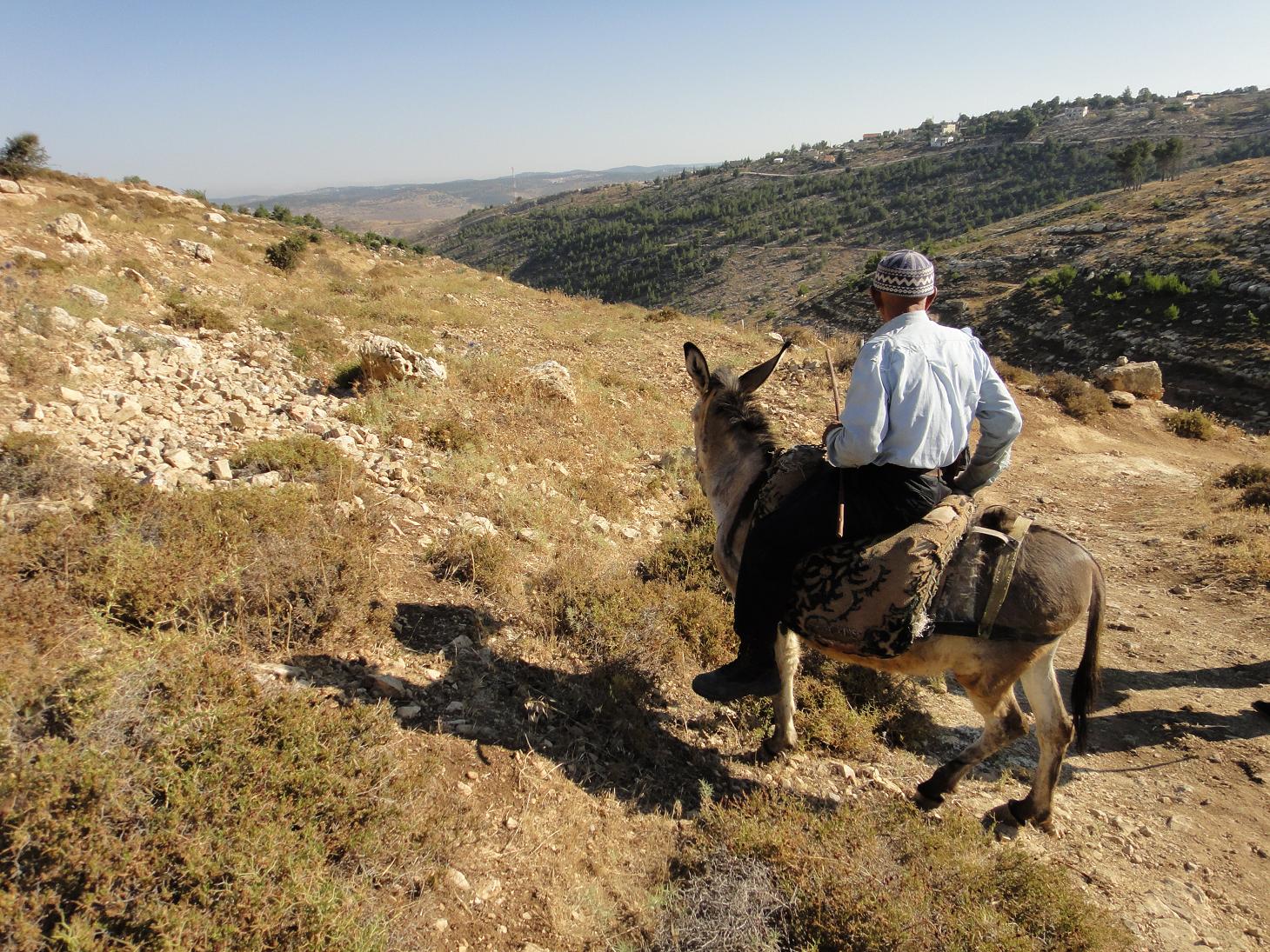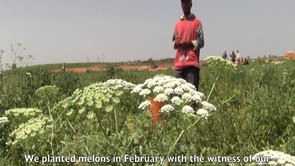Tag: Farmers
-
Saturdays under the settlements
25th June 2013 | International Solidarity Movement, Khalil team | Hebron, Occupied Palestine Saturday is supposed to be a holy day for the Jewish settlers of the illegal colonies in the West Bank; many don’t work, they don’t turn on electrical appliances, they don’t drive cars. But some of the violent and Zionist among them…
-
Palestinian farmer injured by Israeli army fire
17th June 2013 | International Solidarity Movement, Rosa Schiano | Gaza, Occupied Palestine Friday afternoon, June 14, 2013, Muhareb Abu Omar, a Palestinian farmer aged 48, was wounded by Israeli army fire in the Deir El Balah, in the center of the Gaza Strip. Omar was irrigating his land in the village of Wadi As-Salqa,…
-
Video: Farming in Beit Hanoun, Gaza Strip
14th June 2013 | International Solidarity Movement, Gal·la | Gaza, Occupied Palestine Saber Al-Zaneen, coordinator of farmers in Beit Hanoun (north Gaza Strip), explains how difficult it is for farmers to work in that area, the disproportional violence they have to face daily and the danger they are exposed to with no reason.


